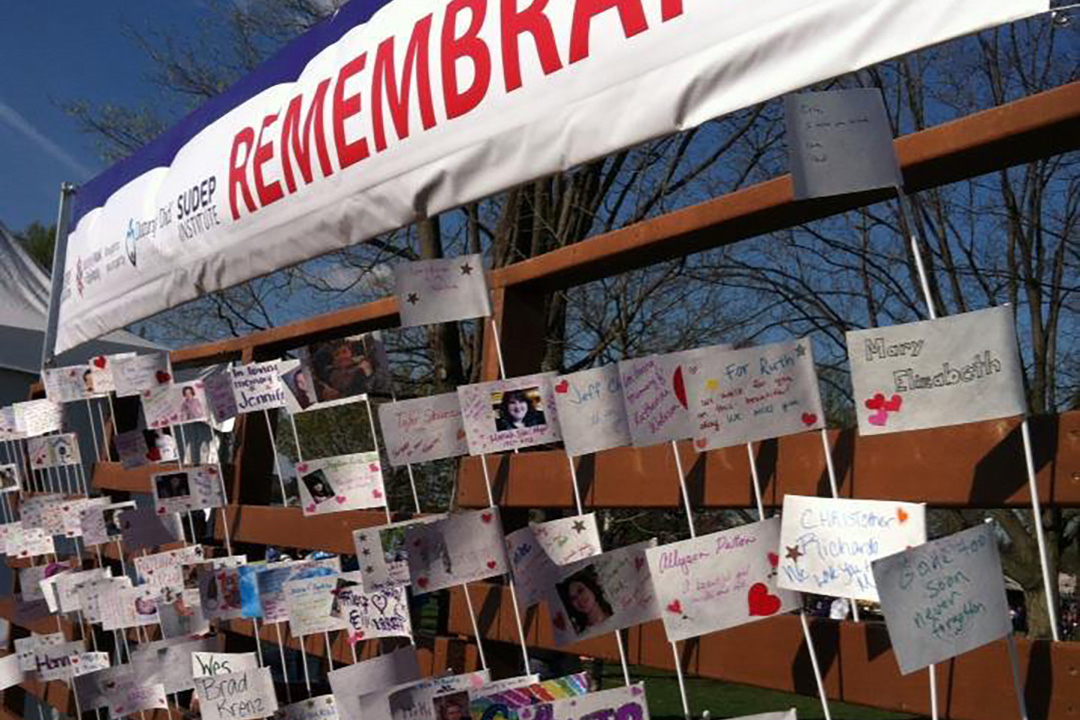Epilepsy Care
In 2008, we tragically lost a young member of our family to Sudden Unexpected Death in Epilepsy (SUDEP), a phenomenon that remains poorly understood and seldom discussed. Since this time, we have committed ourselves to shining a light on the public health burden of epilepsy and the risk of premature mortality. We actively support cutting-edge epilepsy research and place a strong emphasis on SUDEP prevention and education in the United States. In addition, we recognize the dire need for epilepsy care in low-resource settings, especially in Africa where the disease is more prevalent than in the US and the majority of people lack even the most basic of treatment.
The BAND Foundation does not accept unsolicited proposals. We seek to build relationships and work closely with our partner organizations to identify areas of high need where BAND support can be both strategic and catalytic in nature.
SUDEP Prevention
BAND actively supports efforts to understand and prevent Sudden Unexpected Death in Epilepsy (SUDEP). By partnering with impacted families, researchers and clinicians we raise awareness of the increased risk of sudden death from epilepsy and drive efforts that improve care and unravel the mysteries of this devastating phenomenon.
Global Epilepsy
BAND champions efforts to narrow the dramatic epilepsy treatment gap in low-resource settings, especially in Africa. We invest in targeted initiatives that demonstrate how epilepsy care can be integrated into public health systems and support advocates to advance awareness and education.
Documentary: The Curse of Stigma
The BAND Foundation and Whitten-Newman Foundation jointly produced this award winning film to raise awareness of the challenges of living with epilepsy in Africa. The film has been accepted into more than 20 film festivals and has been screened at various high profile meetings and events. The film seeks to fuel a campaign to fund anti-stigma work in Africa.
For more information visit: thecurseofstigma.org


